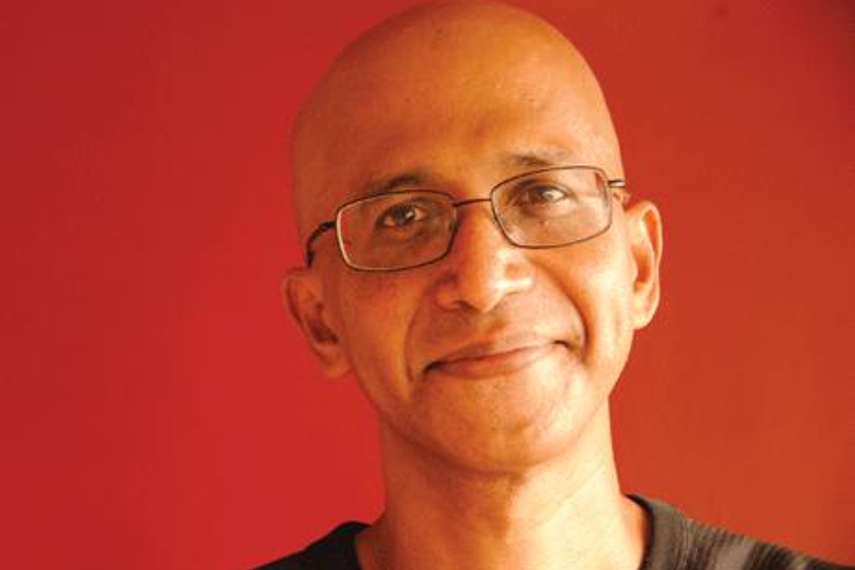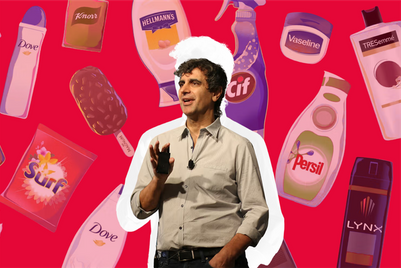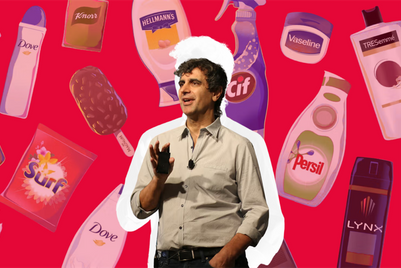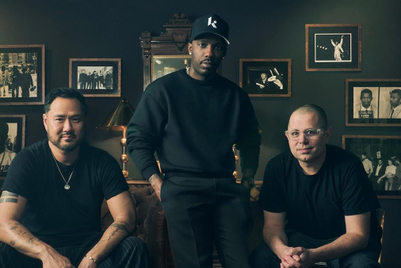
Yesterday, someone sent me an interesting statistic: between 2010 and 2012, Asia clocked the fastest growth (an extraordinary 192%) in the usage of the Internet on the mobile.
Come to think of it, this century can now be confirmed as the Internetworked Century.
What do internetworked stakeholders mean to brands and communication?
Mostly, rapid obsolescence and death.
Let’s look at three: the concept of ‘Positioning’, the communication model of AIDA and the reality of product and service brands.
Around since 1972, the first popular book on the subject quoted: “Positioning is not what you do to the product. Positioning is what you do with to the mind of the prospect...not to create something new...but to manipulate what’s already up there in the mind...”
The concept presumes that the brand owner sends out messages that changes what is in the prospect’s mind...and the prospect is unable to talk back or talk to other prospects.
Enter the Internet.
Case One: DOW Chemical
In June 2006, DOW released a 120-second TVC.
By any standards it was a beautifully crafted TVC, condensing the entire positioning into two letters; a chemical symbol for a new element: Hu.
“Look, we are not a chemical company, we are a human company.”
In December 2006, thetruthaboutdow.org released the same TVC with the same soundtrack but with shockingly disturbing visuals of the Bhopal tragedy. You can see the 2010 updated version here. (Remember, Dow bought Union Carbide -- the company which ran the plant -- 16 years after the disaster and argues it has no responsibility.)
In 2008, photographer Paul Phare, created his personal response to the campaign urging us on the Internetwork, “ .... Post them on your websites and blogs, email this link to friends, http://dow.radicaldesigns.org/article.php?id=1102."
In 2012, the protests continue over DOW sponsorship of the Olympics.
Human company?
Or beleaguered by the Internetwork company?
Case Two: Tatas
Trusted since 1868 as the ‘ethical company’ and ‘the company that gives back to society’, a Tata Steel-L&T combine entered into a PPP with the Orissa government for the creation of the port in Dhamra, Orissa.
It’s not clear how detailed the Greenpeace study of the situation was, but YouTube was flooded with their parodies of Tata Tea and Tata Indica TVCs.
There was a detailed response by the CEO (http://www.eco-dhamra.com/environment/pdf/Greenpeace20Reply_July'07.pdf) but I don’t know how many read it.
Trusted, ethical company?
Or not fully?
Case Three: Unilever
The Unilever web site, in its Purpose & Principles section, makes no mention of animal rights. So, technically speaking, it’s positioning does not involve being nice to animals.
And yet, in the Internetworked world, everything else that contributes to its existence as a responsible corporate citizen got subsumed by the knowledge of its tea being animal tested.
On February 1, 2011, PETA announced that “...Unilever, the company has announced an immediate worldwide end to any non-required tests on animals for tea and tea ingredients - for health claims or any other reason.”
RIP Positioning, RIP ‘manipulation’, welcome naked truth.
We all live in glass houses now.
RIP unidimensional ‘Positioning’, welcome multiple viewpoints.
It’s a multi-logue out there, and the company had better listen more than talk.
RIP Positioning: next month, we’ll discuss the second victim: product and service brands.



.jpg&h=334&w=500&q=100&v=20250320&c=1)
.jpg&h=334&w=500&q=100&v=20250320&c=1)

.jpg&h=334&w=500&q=100&v=20250320&c=1)


.jpg&h=334&w=500&q=100&v=20250320&c=1)
.jpg&h=334&w=500&q=100&v=20250320&c=1)





.jpg&h=268&w=401&q=100&v=20250320&c=1)
.png&h=268&w=401&q=100&v=20250320&c=1)

.jpg&h=268&w=401&q=100&v=20250320&c=1)

